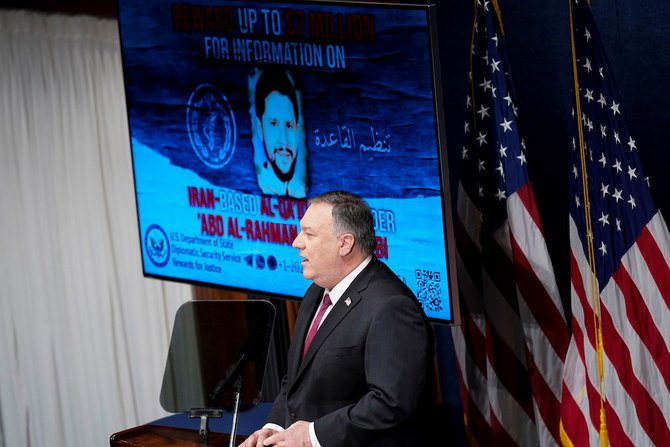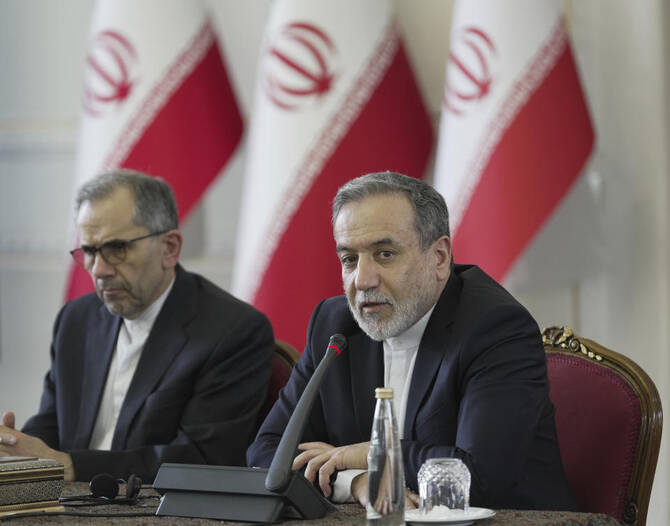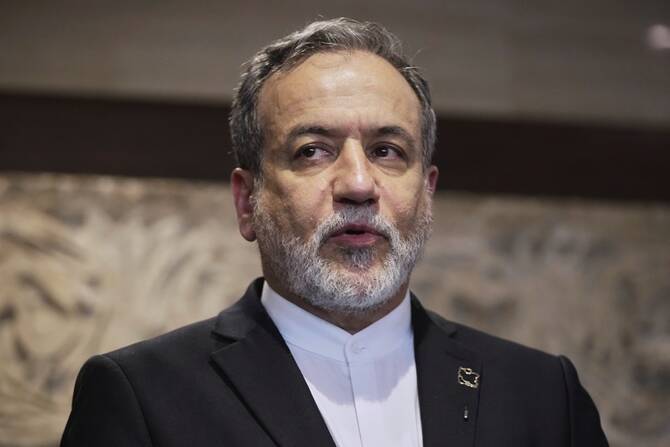JEDDAH: Iran has replaced Afghanistan as the “home base” for Al-Qaeda terrorist leaders, US Secretary of State Mike Pompeo said on Tuesday.
Pompeo confirmed reports that Al-Qaeda second-in-command Abu Muhammad Al-Masri, who organized the bombings of two US embassies in Africa in 1998, had been shot dead in Tehran on Aug. 7 last year.
Al-Masri’s presence in Iran was evidence that “Al-Qaeda has a new home base. It is the Islamic Republic of Iran,” Pompeo said. “I would say Iran is indeed the new Afghanistan, as the key geographic hub for Al-Qaeda,but it’s actually worse.
Thanks to our sanctions, Iran's proposed military budget is down 24% this year. We've targeted more than 1,500 individuals and entities, depriving the regime of $70 billion that would've been used to fund terrorism, ballistic missiles, and nuclear programs. #MaximumPressureWorks pic.twitter.com/opwwFNzDMg
— Secretary Pompeo (@SecPompeo) January 12, 2021
“Unlike in Afghanistan, when Al-Qaeda was hiding in the mountains, Al-Qaeda today is operating under the hard shell of the Iranian regime’s protection.”
He called for more international pressure, and described the terrorists’ alliance with Iran as a “massive force for evil all over the world.”
Pompeo said he was imposing sanctions on Al-Qaeda leaders based in Iran and three leaders of Al-Qaeda Kurdish battalions.
He also offered a reward of up to $7 million for information leading to the location or identification of Iran-based Al-Qaeda leader Muhammad Abbatay, also known as Abd Al-Rahman Al-Maghrebi.
Pompeo acknowledged that Al-Qaeda founder Osama bin Laden considered Al-Qaeda members in Iran to be hostages, but he said in recent years Iran had allowed Al-Qaeda greater freedom of movement, and the group had “centralized leadership” in Tehran.
“Tehran has allowed Al-Qaeda to fund-raise, to freely communicate with other Al-Qaeda members around the world and perform many other functions that were previously directed from Afghanistan and Pakistan,” Pompeo said.
#OPINION: Americans finally know the truth about Iran’s relation with AlQaeda, thanks to Pompeo — writes our editor @FaisalJAbbas https://t.co/wgP9eaIkQl
— Arab News (@arabnews) January 12, 2021
Writing in Arab News today, the Iranian-American political scientist Dr. Majid Rafizadeh says ties between Al-Qaeda and the Tehran regime date from the early 1990s. “The Iranian regime then viewed Al-Qaeda through the prism of ideological and political opportunism,” he says.
“Al-Qaeda … could help accomplish Iran’s three main revolutionary aims: Anti-Americanism, undermining Saudi Arabia’s interests in the region, and destabilizing the Middle East so that Tehran could exploit the chaos and instability.
“The Sunni-Shiite division was never an issue for the Iranian regime as long as the terrorist group could help it accomplish its revolutionary aims.”
Iran was “the godfather of many terror groups across the region, including Al-Qaeda,” Rafizadeh says. “It is incumbent on the international community, and particularly the next US administration, to hold the Iranian regime accountable for its funding, arming and empowering of one of the most dangerous terrorist groups in the world.”






















